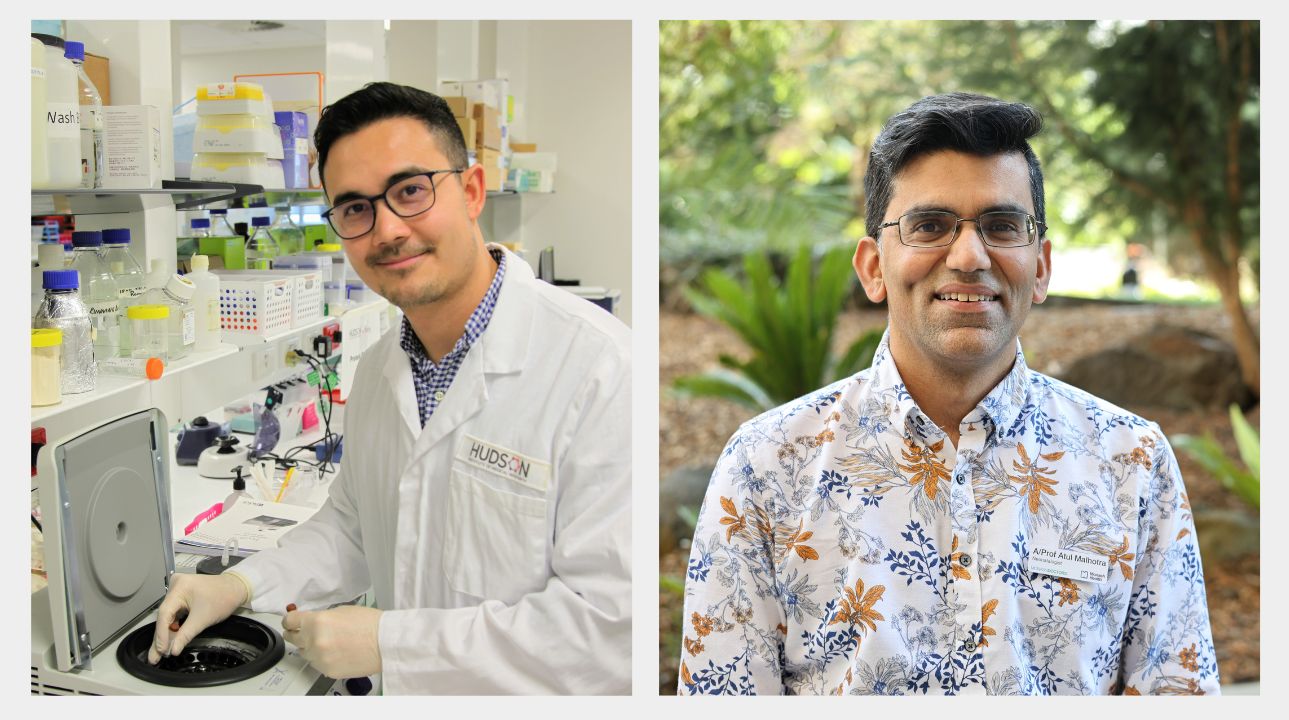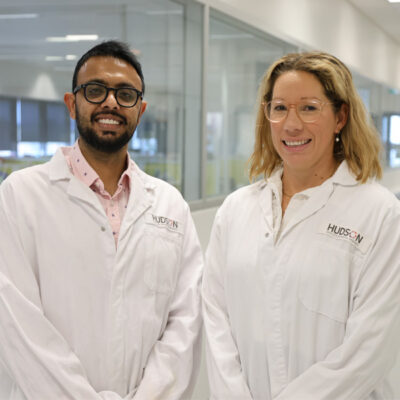Stem Cells: Hope on the horizon for preterm babies

Pioneering Australian research, undertaken by a collaboration of Hudson Institute of Medical Research, Monash Health’s Monash Children’s Hospital and The School of Clinical Sciences at Monash University has successfully demonstrated the feasibility and safety of using a baby’s own cord blood-derived cells as a potential treatment for extremely preterm infants.
As reported by Monash University and Robyn Riley in the Herald Sun, this groundbreaking research published in the Lancet journal eBioMedicine, offers new possibilities for the more than 3,000 very preterm infants born in Australia each year before 32 weeks’ gestation.
Breakthrough preterm baby cell therapy shows promise
The Cord-Safe Study focused on infants born before 28 weeks of pregnancy – babies so small they could fit in the palm of your hand. Collecting cord blood from extremely preterm infants is no small feat. With smaller placentas, minimal blood volumes, and complex delivery circumstances, researchers face significant challenges in gathering these precious cells.
Despite these obstacles, the team managed to successfully collect and process cord blood cells from approximately 70 per cent of the extremely premature infants enrolled in the study.
Importantly, the study showed that 23 extremely preterm infants received cord blood-derived cell infusions with no serious adverse events reported, confirming that the procedure is safe and tolerable in this vulnerable population.
This world-first phase-1 clinical trial has now demonstrated that umbilical cord blood derived cell (UCBC) collection and reinfusion is not only feasible but also well-tolerated in these vulnerable babies.
How cord blood protects preterm baby brain development
Premature babies are at high risk of brain injuries that can lead to lifelong challenges like cerebral palsy. By using their own cord blood cells, researchers believe they might be able to provide a natural “protective shield” for these vulnerable infants’ developing brains.
“This research represents an exciting development in neonatal care,” said Dr Lindsay Zhou, Neonatologist and study lead author. “For the first time, we’re exploring how a baby’s own cord blood cells might be used therapeutically in extremely preterm infants, offering a potential treatment option where previously there were limited alternatives.”
The study builds on substantial preclinical evidence showing that umbilical cord blood-derived cells can be neuroprotective for the preterm brain. These cells have demonstrated multiple beneficial effects, including anti-inflammatory, immunomodulatory and protective mechanisms for the developing brain.
Looking ahead
The success of this feasibility study paves the way for larger international trials. As cell therapies are increasingly being evaluated for neuroprotection and neuroregeneration in young children, this research positions Australia at the forefront of innovative neonatal care.
The project’s lead researcher, Associate Professor Atul Malhotra said this breakthrough offered a beacon of hope for parents and medical professionals dealing with the complex challenges of extremely premature birth, potentially changing the landscape of neonatal care for generations to come.
“The Cord-Safe Study represents a crucial step in exploring how we can use a baby’s own cord blood to improve outcomes,” Associate Professor Malhotra said. “By forming the basis for an international randomised controlled trial, this study highlights Australia’s leadership in developing innovative treatments in neonatal care.”
Hudson Cell Therapies
Hudson Institute’s Cell Therapies Platform allows clinicians in the Monash Medical Precinct to have blood products processed on-site for the first time, avoiding the need for expensive and time-consuming transport to the Melbourne CBD. Hudson Cell Therapies is NATA ISO 15189 accredited and qualified to receive, store and distribute human cellular therapy products in support of multi-site clinical cell therapy trials. Hudson Cell Therapies enables a seamless process from the patient in hospital, to Hudson Cell Therapies and back to the patient, all within the Monash Medical Precinct.
Collaborators | Monash Health’s Monash Children’s Hospital, The School of Clinical Sciences at Monash University.
Journal | Lancet journal eBioMedicine
Title | Feasibility and safety of autologous cord blood derived cell administration in extremely preterm infants: a single-centre, open-label, single-arm, phase I trial (CORD-SaFe study)
View publication | https://www.thelancet.com/journals/ebiom/article/PIIS2352-3964(24)00528-0/fulltext
In this article
About Hudson Institute
Hudson Institute’ s research programs deliver in three areas of medical need – inflammation, cancer, women’s and newborn health. More
Hudson News
Get the inside view on discoveries and patient stories
“Thank you Hudson Institute researchers. Your work brings such hope to all women with ovarian cancer knowing that potentially women in the future won't have to go through what we have!”






